How To Lose Weight With Lymphedema: Facts You Must Know
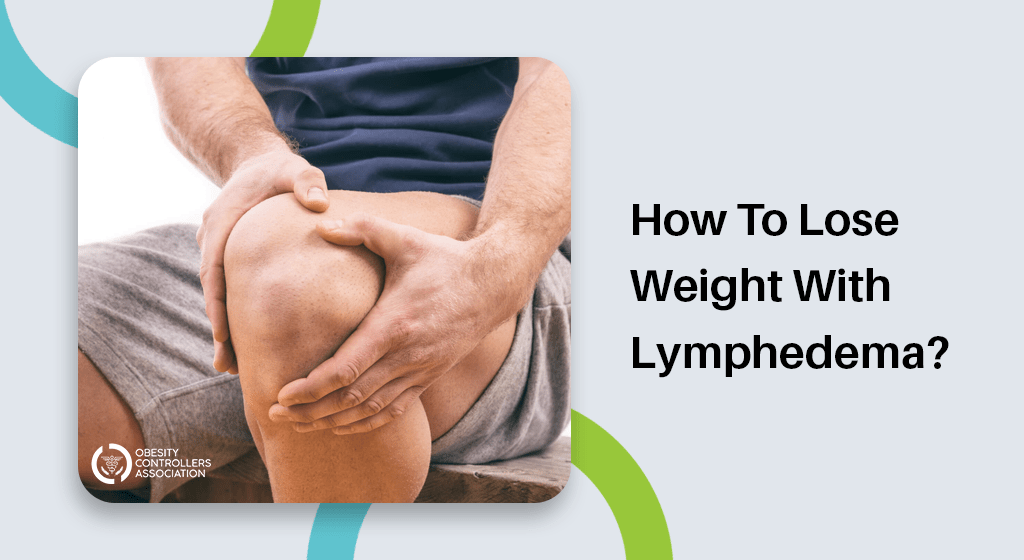
How to lose weight with Lymphedema is a question arising nowadays, to understand that you must know certain facts. Are you overweight? Then you’re more likely to experience problems with lymphedema. Lymphedema obesity is a common side effect that may affect a cancer survivor after treatments such as surgery or radiation therapy after months or even years. But you can lose weight through exercise and healthy eating, so weight loss for lymphedema management is important for almost everyone.
How To Lose Weight With Lymphedema
Here are some tips to help manage symptoms, and possibly prevent lymphedema obesity. Read on this article to find more about it.
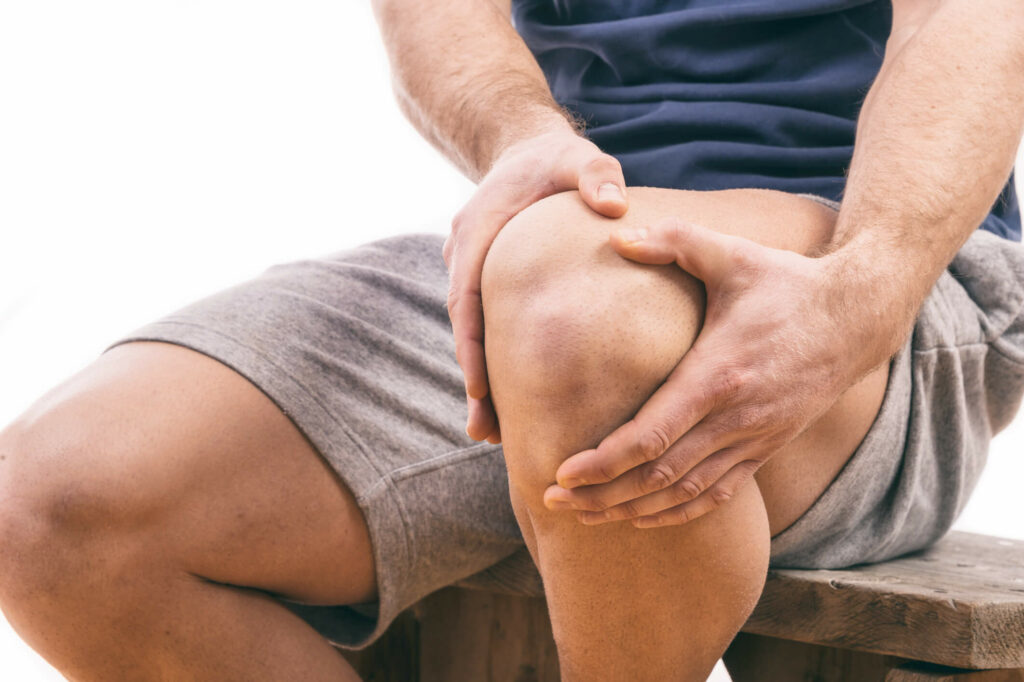
What is lymphedema ?
Lymphedema is a kind of swelling due to a build-up of lymph in the limbs if the fluid is not draining out properly. This is happened mainly happened because any cancer or treatment that damages or blocks the flow of lymph can cause lymphedema. Lymph fluid is a lipid- and protein-rich fluid that is found within the lymphatic system which contains white blood cells and helps remove waste. The common cause of swelling can be excess weight or lymphedema obesity.
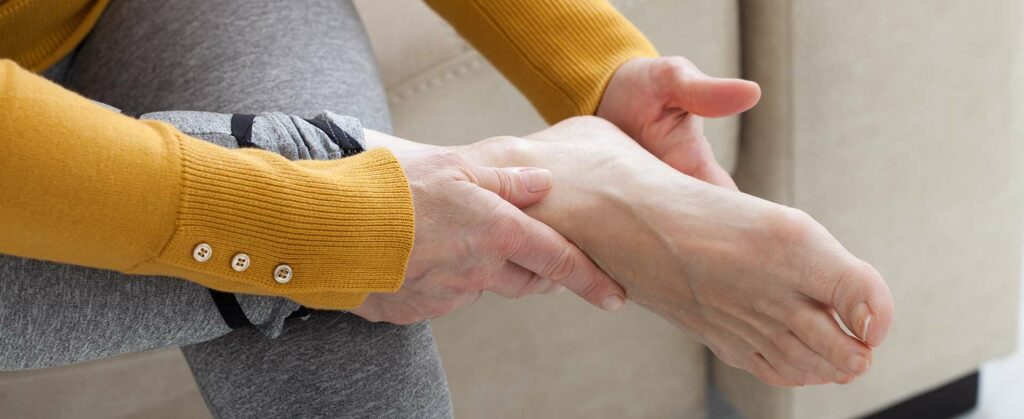
Other common conditions such as venous hypertension, chronic venous insufficiency, and distended varicose veins. Lymphedema is treatable through drainage, compression, and exercise. And in some studies, Lymphedema obesity has been shown to improve many medical conditions for obese individuals.
What causes lymphoedema?
One of the common causes for lymphoedema is because you were born without enough lymphatics. It can also be caused if the lymphatics of the arm and leg are damaged by surgery or radiotherapy for the treatment of cancer. Some of the common causes including;
- Cancer surgery.
- Radiation therapy.
- Infections can also increase the risk of lymphedema.
- Inflammatory conditions.
- Cardiovascular diseases.
- Injury and trauma.
Symptoms Of Lymphedema
- Feeling of heaviness or tightness.
- Pain
- Aching or discomfort
- Restricted range of motion, trouble moving the limb
- Recurrent infections
- Hardening and thickening of the skin.
Obesity And Lymphedema
Most of the individual is not aware that the lymphatic system can also be damaged by excess fat deposits. The link between obesity and lymphedema is that the increased body weight has been shown to increase the risk of lymphedema. Lymphedema obesity has become more prevalent as the excess fat deposits in the legs might physically compress lymph vessels and thereby reduce lymph collection.
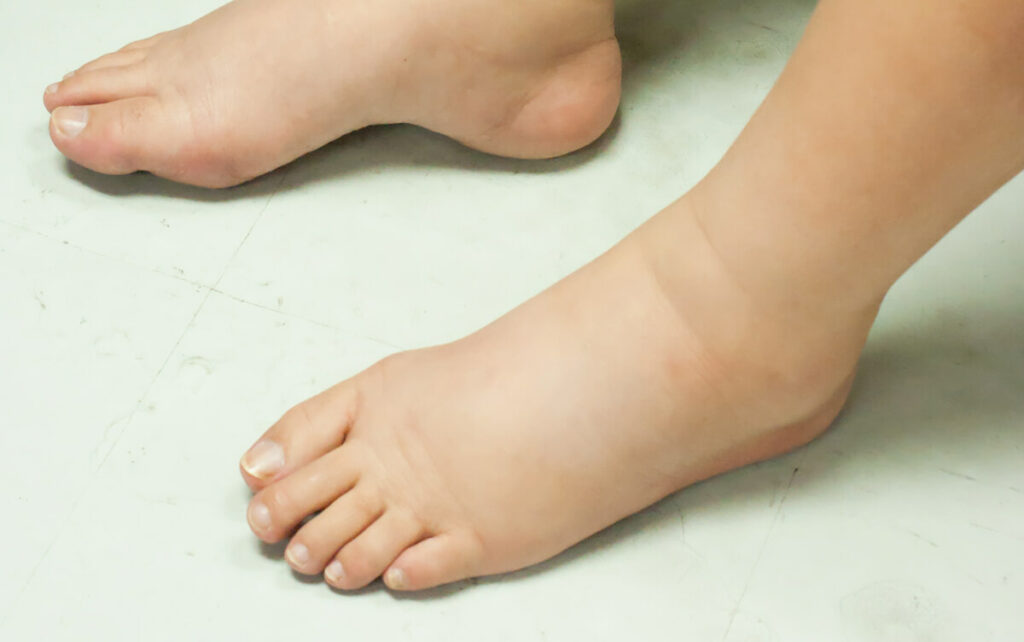
Type Of Exercise That is Beneficial For Lymphedema Obesity
Exercises for Lymphedema obesity is divided into three different forms:
- Strength training.
Strength training or resistance training helps to increase the power and efficiency of the muscle pump which helps to pump more fluid. This is mostly important for leg lymphedema where the fluid has to be pumped against gravity up the legs. Another advantage of doing strength training is that it helps to increase your lean body mass that may assist with weight loss.
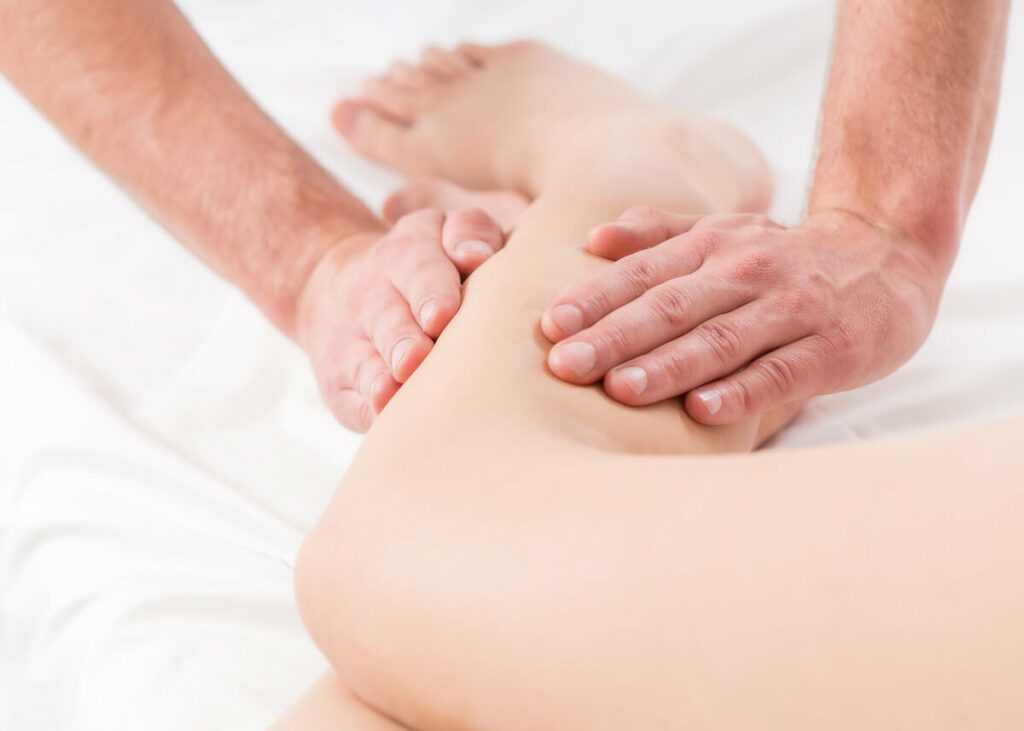
- Cardiovascular training.
Cardiovascular training or aerobic training is known as the best type of exercise that helps to get your heart rate up slightly out of breath. Some of the cardiovascular exercises include walking, jogging, swimming, or cycling. By doing this type of exercise it helps to improve the efficiency of your heart and lungs that results in increased fitness.
- Flexibility training.
Flexibility or stretching is important if you have any joint restrictions or adhesions that may decrease the amount of lymphatic flow through an affected area. This type of training can be performed with gentle stretching or also soft tissue massage over any specific problem areas.
Dieting Tips for Lymphedema Obesity
Is there a diet for lymphedema, and suggestions for an anti-inflammatory diet for lymphedema or lymphatic diet for weight loss are questions arising in the topic? A healthy diet can help alleviate lymphedema symptoms, so here are few dieting tips to starve lymphedema and lessen its symptoms:

- Avoid Alcohol, Caffeine, and Diuretics.
- Protein is essential to keeping your body healthy and fully functional, so try to add some protein to your diet.
- Reduce Your Salt Intake because consuming a large amount of sodium often causes water retention within the body.
- Incorporate More Whole Foods Into Your Diet.
- Along with incorporating whole foods into your diet, you should try to limit certain foods. These foods include added sugars, specifically fructose, refined grains, chemically modified fats, and most animal and dairy products.
Tips To Decrease The Risk Of Lymphedema
- Avoid heavy lifting with the affected area.
- Make sure to protect your arm or leg from injury.
- Elevate your arm or leg.
- Do light exercises and stretching, but avoid strenuous activity until you’ve recovered.
- Avoid using a heating pad or ice on the affected area.
- Don’t use tight or constricting garments, including blood pressure cuffs.
- Stay hydrated.
- Practice thorough and careful skin hygiene.
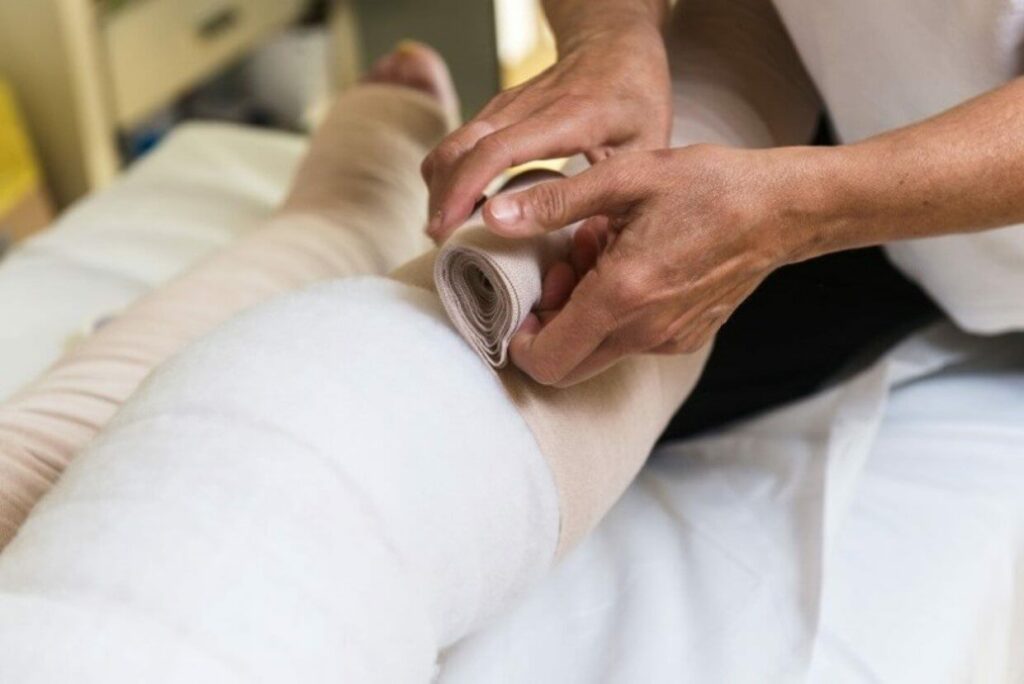
Treatment for lymphedema
- Take care of your skin to prevent infections.
- Wear compression garments or bandages over the affected limb to help move fluid out.
- Do lymph drainage exercises to help draw out fluid from the limb and reduce swelling.
- Use manual lymphatic drainage (MLD), a gentle form of massage. This may help to stimulate the lymphatic system.
- Try to lose weight to improve lymphedema, particularly related to breast cancer.
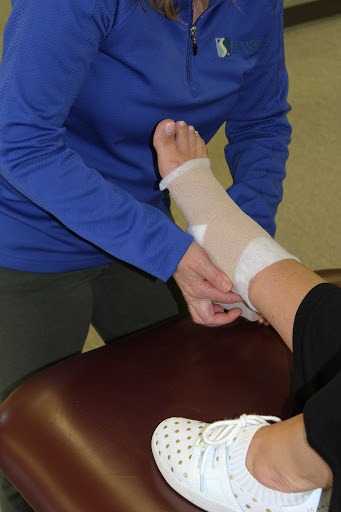
When To See A Doctor?
- Make sure to contact your or lymphedema specialist if:
- Fever or chills.
- An open area of skin that looks red or swollen, or drains pus.
- Swelling or pain, get worse.
- If your arms or legs feel heavy, or you cannot move them.
- Skin becomes hard, thick, or rough.
- Skin wound that will not heal.

After reading this, hope that you got an answer to the question., how to lose weight with lymphedema. Lymphedema obesity is critical in order to relieve the pressure on the lymph vessels. So the weight loss will reduce your symptoms and help prevent further disease progression. Also, the overweight individuals who suspect they have lymphedema must be strong self-advocators and self-educators. But talk to your doctor about your symptoms and the possibility of lymphedema.





